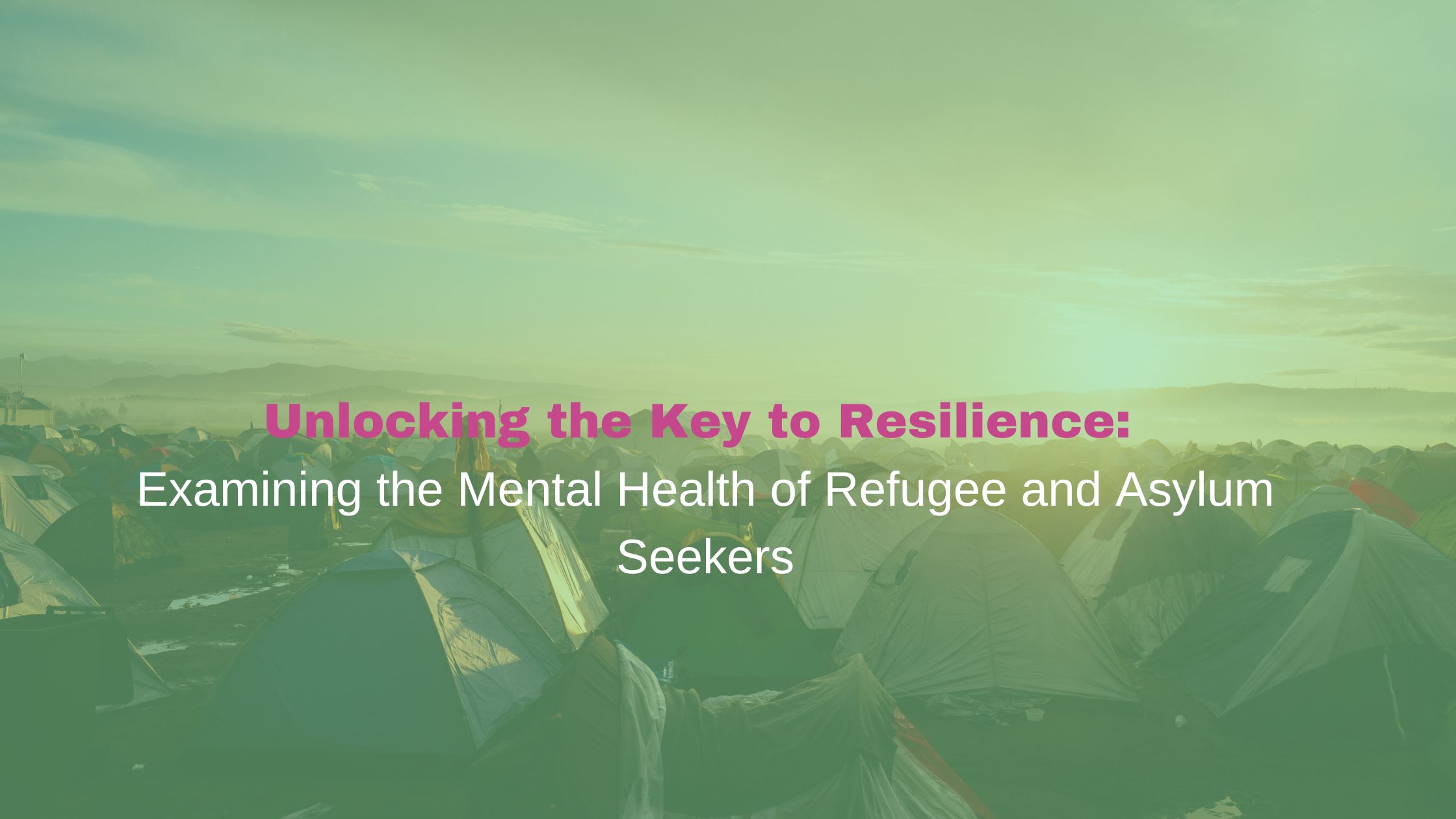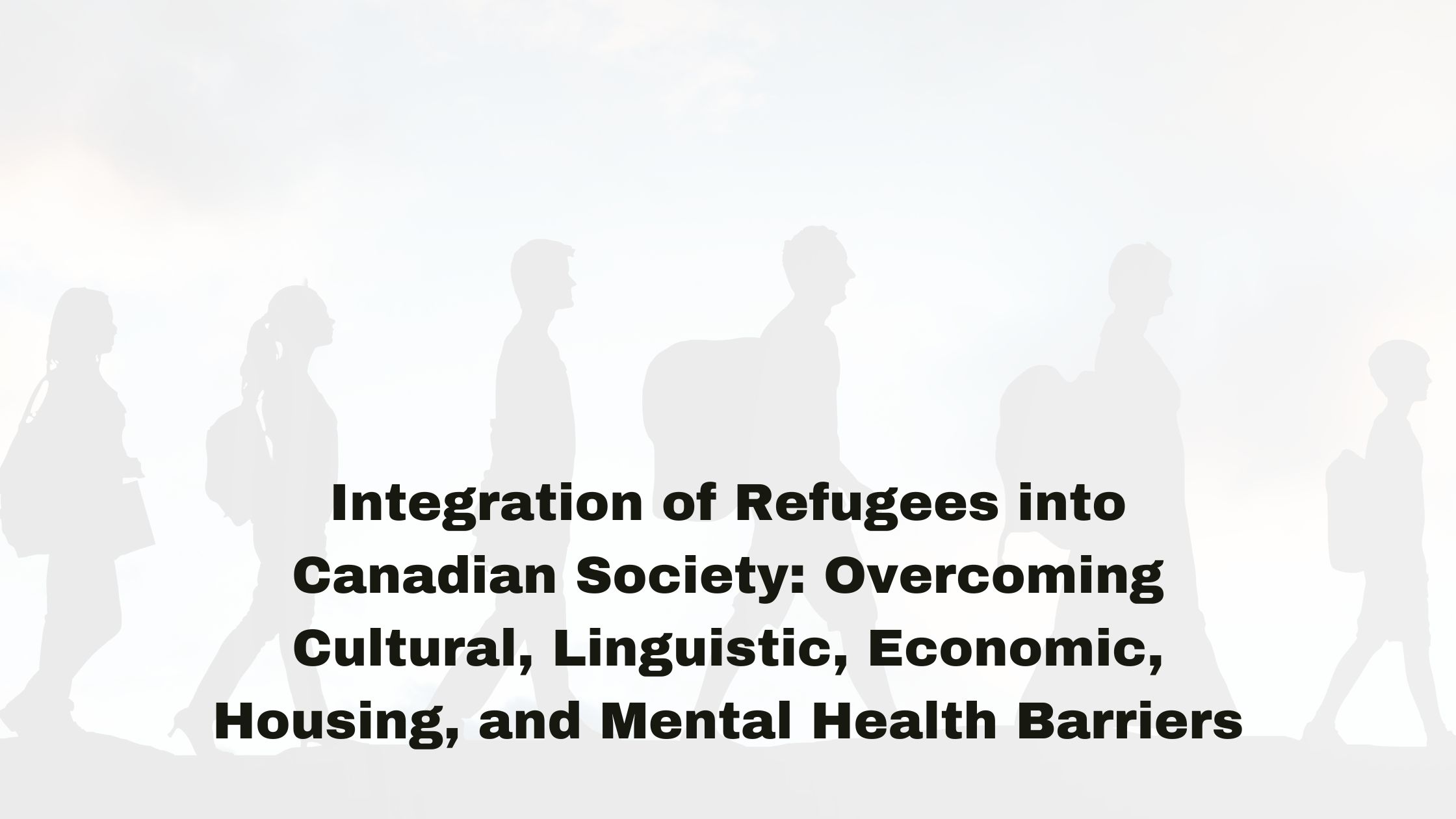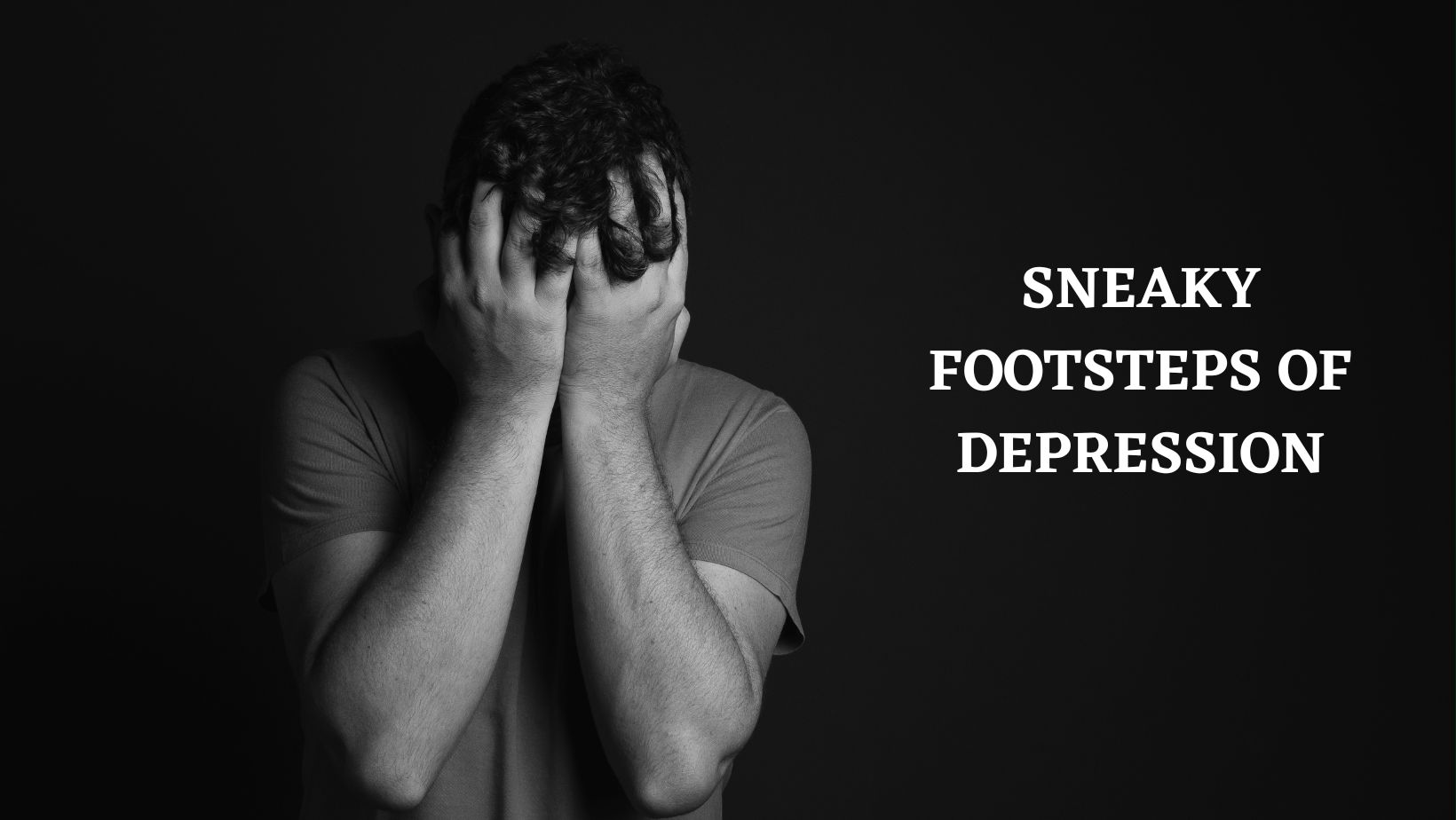
Unlocking the Key to Resilience: Examining the Mental Health of Refugee and Asylum Seekers
As the global refugee and asylum seekers crisis continues to grow, it is becoming
increasingly important for those affected to be aware of the mental health resources available to
them. Seeking therapy can provide refugees and asylum seekers with the emotional support,
education, and guidance needed to cope with their traumatic experiences. For many, fleeing their
homes and leaving behind everything they had grown accustomed to, can be a traumatic
experience. Psychological issues that may arise from this experience include depression, anxiety,
stress, and post-traumatic stress disorder (PTSD).

Integration of Refugees into Canadian Society: Overcoming Cultural, Linguistic, Economic, Housing, and Mental Health Barriers
Integration of refugees into Canadian society is a complex process requiring the surmounting of numerous obstacles, such as cultural, linguistic, economic, housing, and mental health barriers. These obstacles can contribute to refugees’ fear of integration and have a negative impact on their health. A comprehensive strategy addressing these obstacles is essential for successful integration.
Learn More
Sleep Quality among University Students
University student sleep quality has been deteriorating for the last 10 years. The research shows that up to 60% of college students experience poor sleep, and 7.7% of them meet the criteria for an insomnia disorder (Schlarb et al., 2017).
Learn More
SNEAKY FOOTSTEPS OF DEPRESSION
SNEAKY FOOTSTEPS OF DEPRESSION The concept of “depression” is a common mental problem that affects our daily functioning, and it does not occur in one night. It comes in a sneaky way that we don’t realize. It also has a wide range of prevalence among people, whether what they feel is depression or not. So, what exactly is depression?
SNEAKY FOOTSTEPS OF DEPRESSION
When we look at the characteristics of depression, we see that the person with depressive episodes has negative and destructive thoughts about himself/herself, about others and the world, and about the future, most of which arise from some negative past experiences. For example, the person may feel responsible for an accident that resulted in the death of a loved one. Likewise, blaming oneself and self-criticism, such as “I am useless” and “I can’t do anything,” are other types of negative thoughts about oneself. People with depression may have negative thoughts and feelings about other people and the world as a whole. With these thoughts, they generalize the cases, saying things like, “Nothing works,” “Nobody likes me,” and “It’s not worth it.” People who think and act in this way about themselves and the outside world can’t help but be pessimistic about the future. They may say, for instance, “It will always be the same,” “I won’t be able to do it,” etc.
People get depressed when they have a lot of negative thoughts and ideas about things, which they show through their actions. Therefore, they build up symptoms that trigger each other after some unfortunate interactions. For example, a person with some negative childhood experiences develops low self-esteem and starts to feel worthless. Furthermore, he/she also starts to believe that other people around him or her think that he/she is worthless. Consequently, the person withdraws from society by losing interest in and joy in activities. The more they stay away from society, the more they get into negative thoughts and feelings. We can talk about other symptoms such as poor concentration, difficulty making sound decisions, and episodes of agitation or stagnation. Depending on how often and how severe the symptoms are, depression can be mild, moderate, or major. The severest symptom is having suicidal thoughts and images.
the person with some negative childhood experiences develops low self-esteem and starts to feel worthless. Furthermore, he/she also starts to believe that other people around him or her think that he/she is worthless. Consequently, the person withdraws from society by losing interest in and joy in activities
Some cognitive-behavioural approaches can effectively treat depression by addressing negative thoughts and behaviors. Medication is incorporated according to the severity of the symptoms. The best treatment, though, is prevention. In order to avoid depression, like other mental problems, we need to be aware of ourselves. Adopting a lifestyle with mindfulness provides us with self-awareness. We also need to practise holistic self-care, which involves physical, spiritual, emotional, and mental dimensions. Physically, for example, we can do exercises depending on our physical capacity and time factor, volunteer, socialise, and engage in leisure activities or hobbies.
Along with religious or spiritual rituals, we can practise forgiveness and gratitude. Most importantly, we need to preserve and boost our mental health through different strategies, such as staying away from negative people, practising positive self-talk, thinking flexibly, practising self-compassion, and building empathy.
Contact us and one of our team members will get back to you within 48 hours.
111 Waterloo St unit 406 London ON N6B2M4
mail@resiliencec.com
Phone + 1 (226) 374-4457
Cell + 1(226) 210-4170
Fax + 1 (226) 916-0283
Learn More